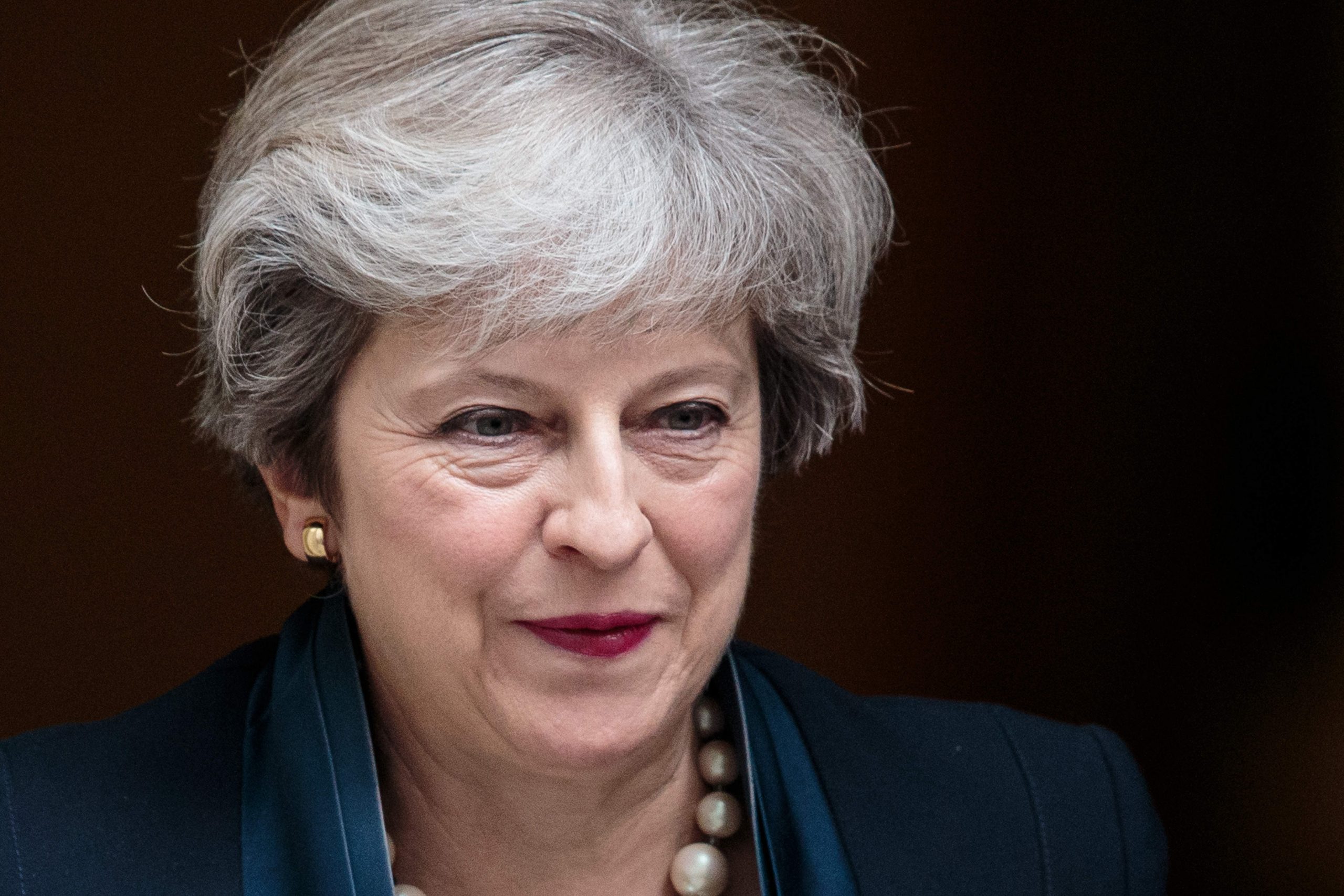
Nice economy you’ve got there, shame if anything happened to it. The European Research Group – a well-organised bloc of ultra-Brexiteer Conservative MPs – is circulating a letter demanding that Britain’s Brexit deal must satisfy the following requirements: no payments to the European Union after we leave, that any transition arrangement must have an end date, and that the United Kingdom must be free to begin negotiating its own trade deals even during the period of transition.
The latter two aren’t that big of a deal: the British government is already privileging the right to pursue its own trade deals as early as possible in its negotiations with the EU27, and there is no appetite on either side for an unlimited transition period.
The problem for the government is that red line over money. As far as leverage goes, it is all one way in the EU-UK talks. Although both sides would suffer economic damage if no deal is reached, the damage is asymmetric: the risk is considerably higher for the United Kingdom than the European Union. It’s like colliding into a monster truck when you’re in a Morris Minor – the monster truck’s driver isn’t going to be happy about it, but ultimately the Morris Minor is getting written off.
The UK’s biggest area of leverage is over money. Britain is a net contributor to the European Union so can secure a greater level of access to the single market that way. And put simply, there is no way that Britain will secure a transition period without also agreeing some measure of continuing payments.
The good news for Theresa May is that she has a series of helping hands she can call against her own backbenchers: they’re called “Labour”, “the Liberal Democrats”, “the SNP”, “Plaid Cymru” and “Caroline Lucas”.
As Parliament has ratified Article 50, passed May’s Queen Speech and thus lost control of its ability to directly influence the government’s negotiations, when the final Brexit deal comes before the House of Commons, the option they will be voting on will be “Theresa May’s Brexit deal or no deal”. As I’ve written on several occasions, no deal is a great deal worse than a bad deal. No deal means, at best, exit on World Trade Organisation terms, no deal to allow British airplanes to fly to the European Union or the United States, chaos at borders and an immediate and hard border between Northern Ireland and the Republic.
This all has one massive upside for May: while there are many Conservative MPs who don’t accept this to be true, the opposition parties all know it to be the case. May will always be able to count on enough MPs from the parties of the centre and left being unwilling to make their own constituents’ lives drastically worse.
But that would require her to pursue a Brexit deal that wasn’t focused on keeping her government on the road – one that saw getting the best deal as more important than preventing May being removed by her own backbenchers. The difficulty is that Theresa May displayed precious little desire to pick a fight with her own party before she threw away their first parliamentary majority in 23 years and she has even less of one now.






